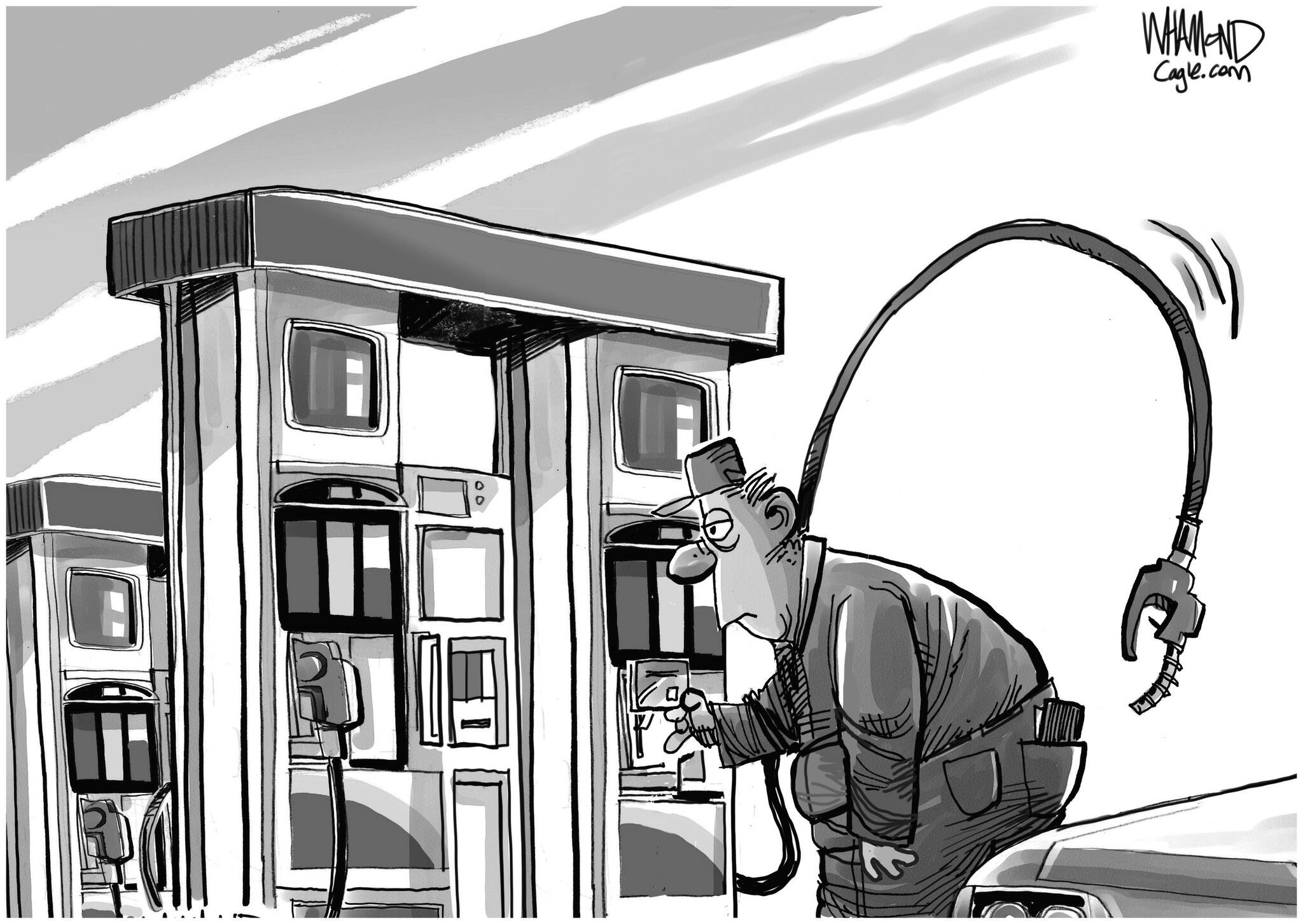Far too many people in our region are feeling squeezed by inflation. Folks are sitting at their kitchen tables trying to figure out how to make ends meet in the face of rising prices. It’s a problem for all families if the costs of the things we depend upon continue to rise to the point where we cannot afford them.
So, let’s talk about steps that can be taken to reduce costs.
Lower gas prices
The disruption caused by the pandemic and the Russia’s illegal invasion of Ukraine has led to increased gas prices around the globe.
Appropriately, the Biden administration has released oil from the Strategic Petroleum Reserve and has temporarily waived regulations on higher ethanol-gasoline. The president has also authorized the use of the Defense Production Act to speed up domestic production of clean energy technologies in hopes of lowering energy consumption and reducing America’s dependence on fossil fuels.
But more can be done.
For example, the House has passed legislation to crack down on price gouging by oil companies. In recent months, even when we’ve seen the price per barrel decline, prices at the pump have continued to rise or, at best, remain stagnant. It’s no surprise that the big oil companies have seen record profits, with the top five oil companies alone seeing more than 200 percent more in profits in the first quarter of this year in comparison to the same period last year. I don’t think corporations should be allowed to levy excessive price increases and squeeze consumers simply to maximize their own profits.
Beyond that, consumers would save some money at the pump if Congress passed a gas tax holiday with provisions to ensure the oil companies don’t simply pocket the savings. In addition, over the long haul, we need to reduce our dependence on fossil fuels. Building out a national network of electric vehicle charging stations (which is in the works already thanks to the bipartisan Infrastructure Investment and Jobs Act) — and providing tax incentives for the purchase of electric vehicles (which has already passed the House) would lower demand for gas and lower prices.
Improve supply chains, address shortages
The House has already passed an innovation bill, which includes provisions to improve our nation’s supply chains, prevent shortages of critical goods, and to ensure that more of these goods are made here in America.
Let’s talk about just one area where that legislation could make a huge difference. The bill includes provisions to encourage semiconductor (chip) fabrication. Why does that matter? Well, a lot of the products that we purchase, including automobiles, computers, and appliances, use chips.
Unfortunately, though our nation invented the microchip, the United States now produces just 10 percent of them. Consequently, when there are global shortages and — as we’ve seen from the pandemic — supply chain disruptions, we are less able to manufacture things like automobiles. With new car production down, the demand for used cars has soared, and that has led to significant prices increases for used cars. That’s one of the big drivers of inflation, and that’s something that can be fixed if we pass this innovation bill, which includes provisions to promote the production of more chips in the United States.
Getting this legislation across the finish line would be a big step toward strengthening supply chains and lowering costs for Americans.
Get more people into the workforce
It is good news that, as the economy continues to recover from the pandemic, more Americans have been brought into the workforce. However, the U.S. now has two job openings for every one unemployed person. This worker shortage is hurting our local employers and contributing to inflation.
With that in mind, Congress should take steps to strengthen and grow our workforce. Bolstering workforce development programs, providing more accessible and affordable child care so parents can get into the workforce, and advancing immigration reforms could all address worker shortages.
These are just a few parts of a comprehensive action plan recently introduced by the New Democrat Coalition (a group I chaired in the last Congress). There are policies that would lower the cost of everyday necessities for families.
I know folks are hurting, and I’ll keep pushing to get these policies across the finish line.
Derek Kilmer (D-Gig Harbor) represents the state of Washington’s 6th Congressional District.



